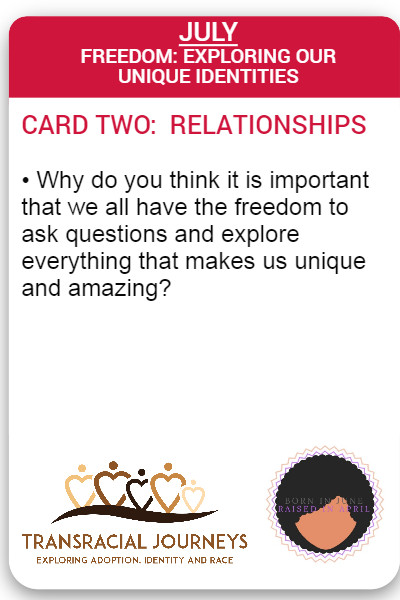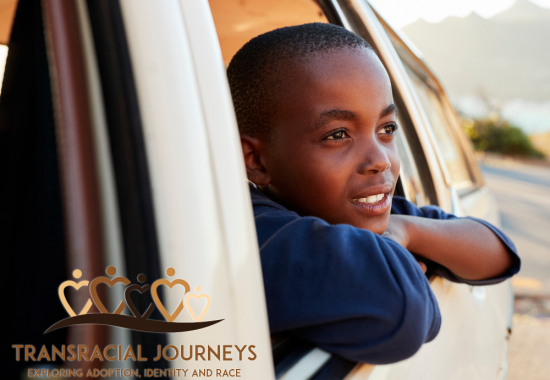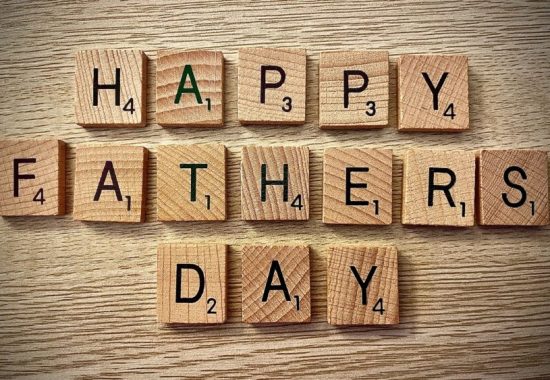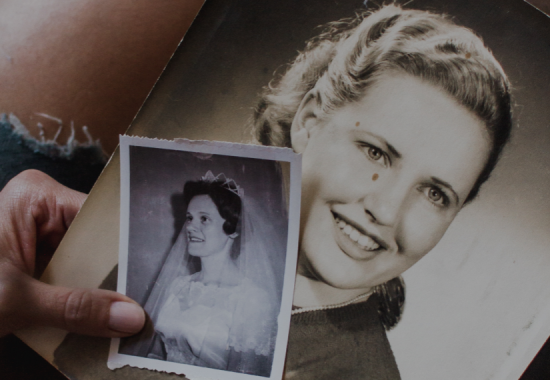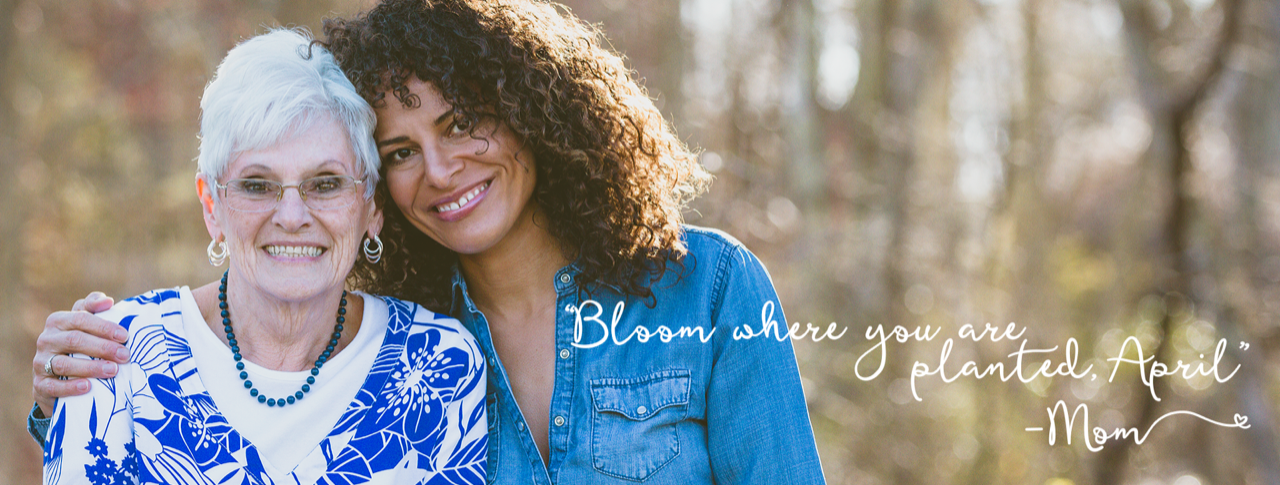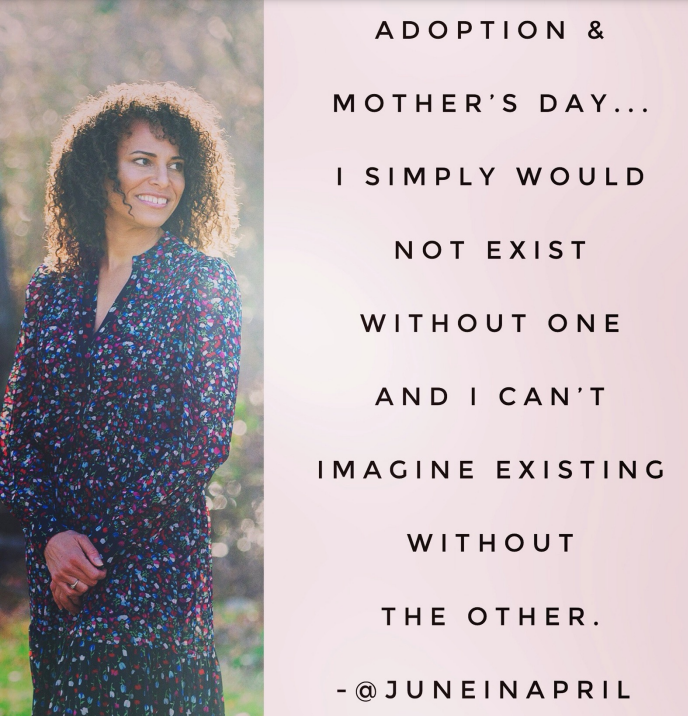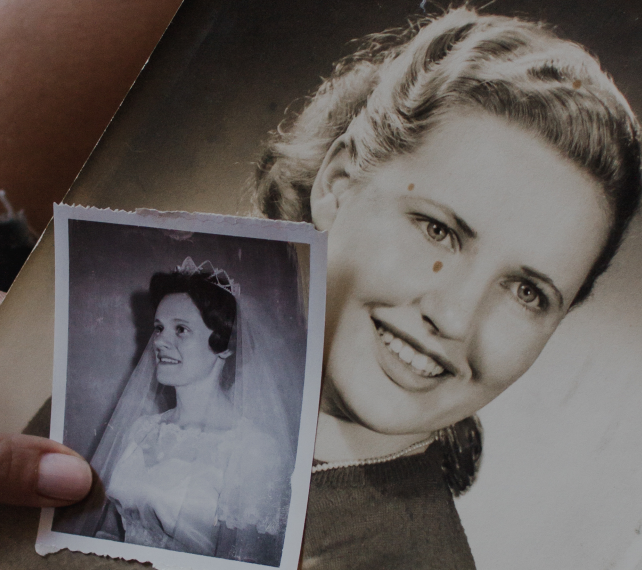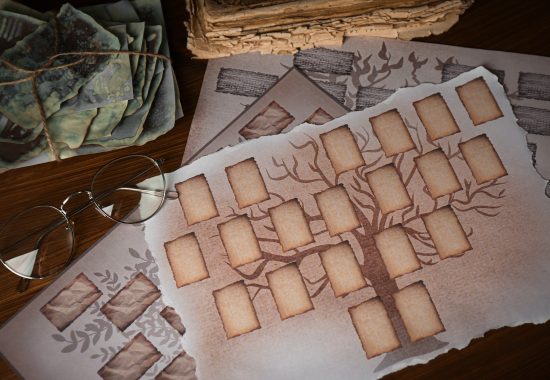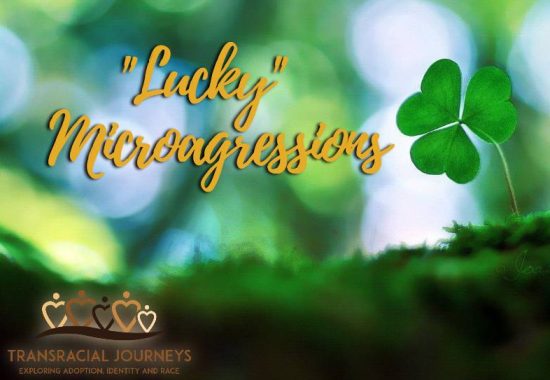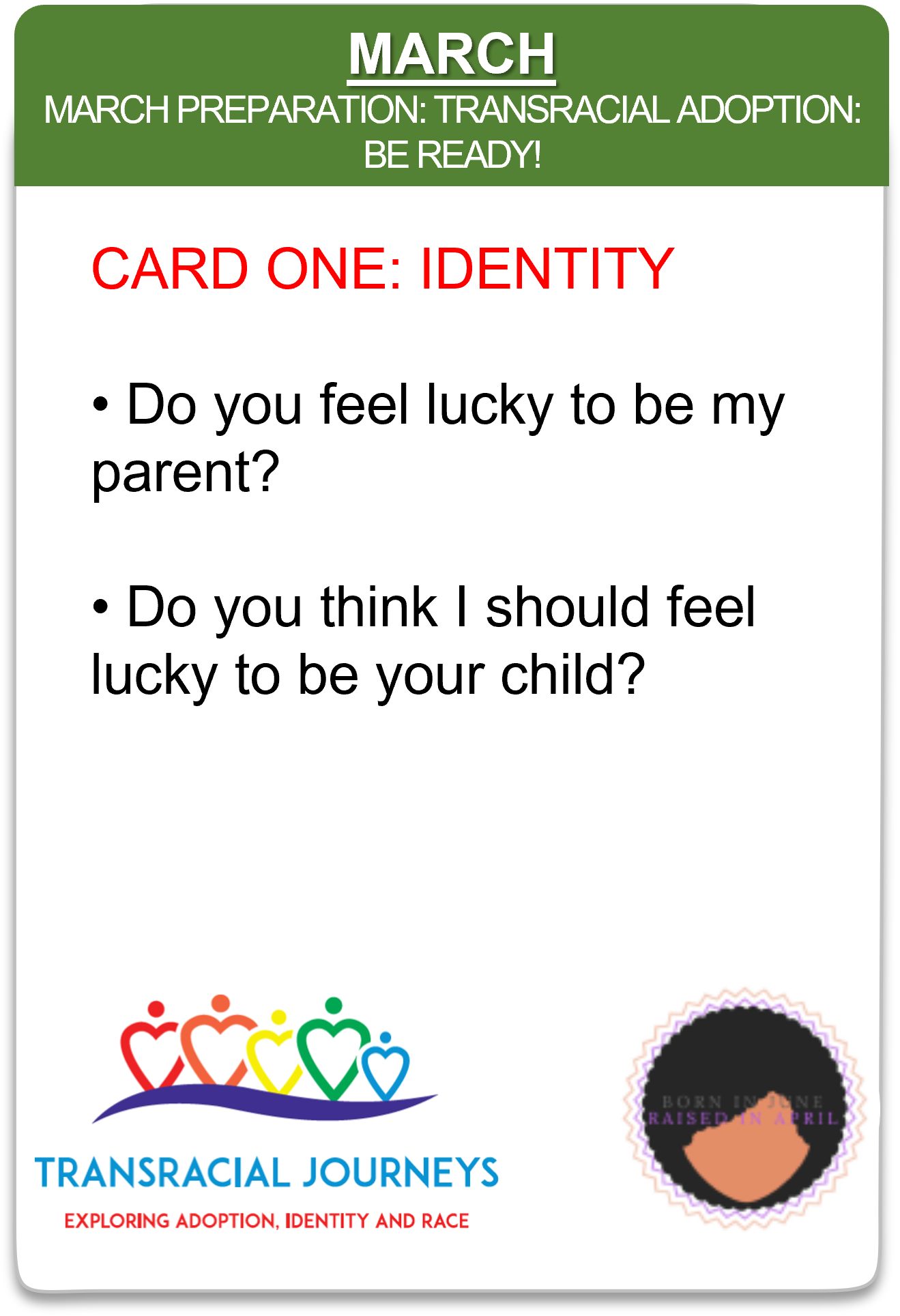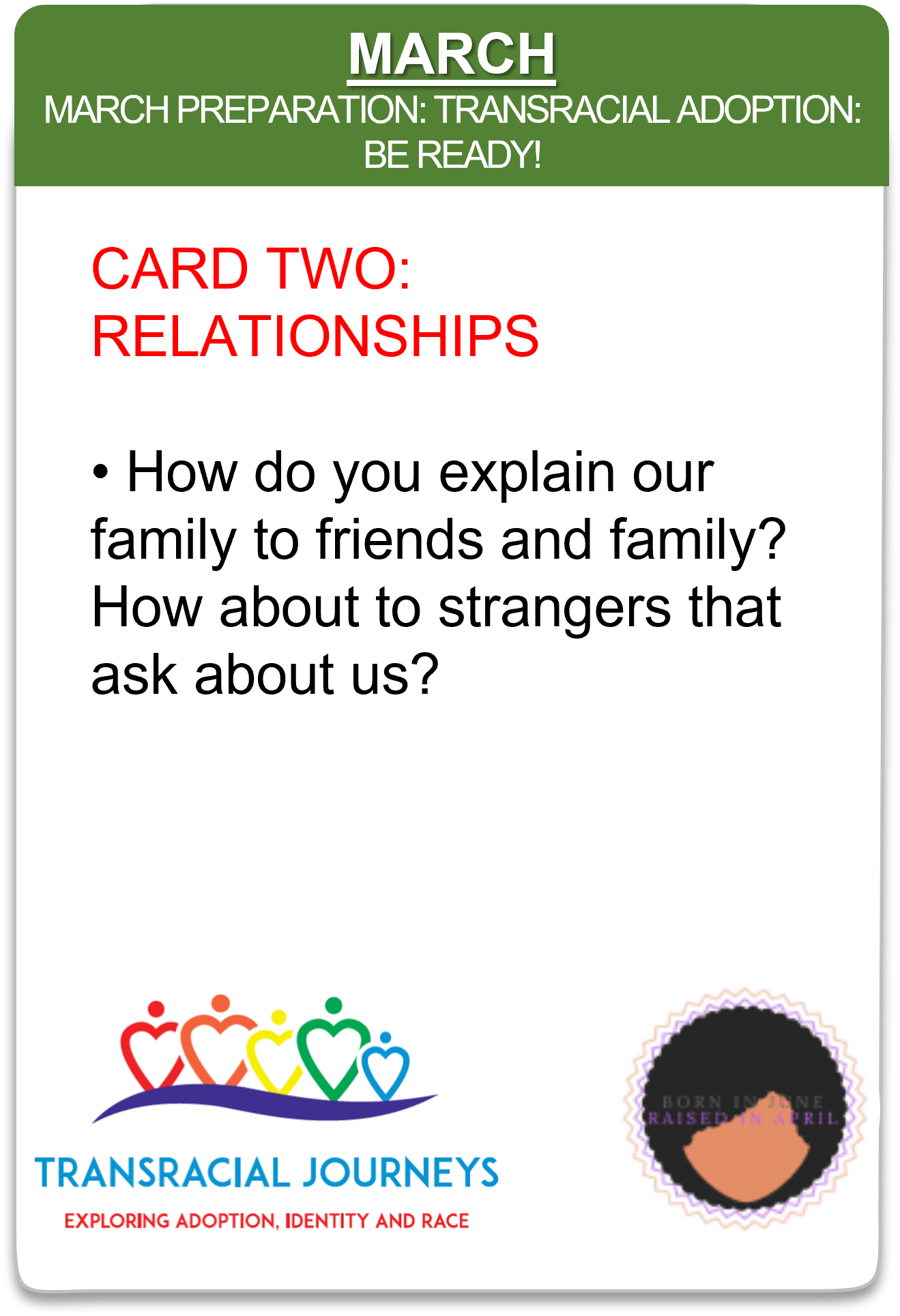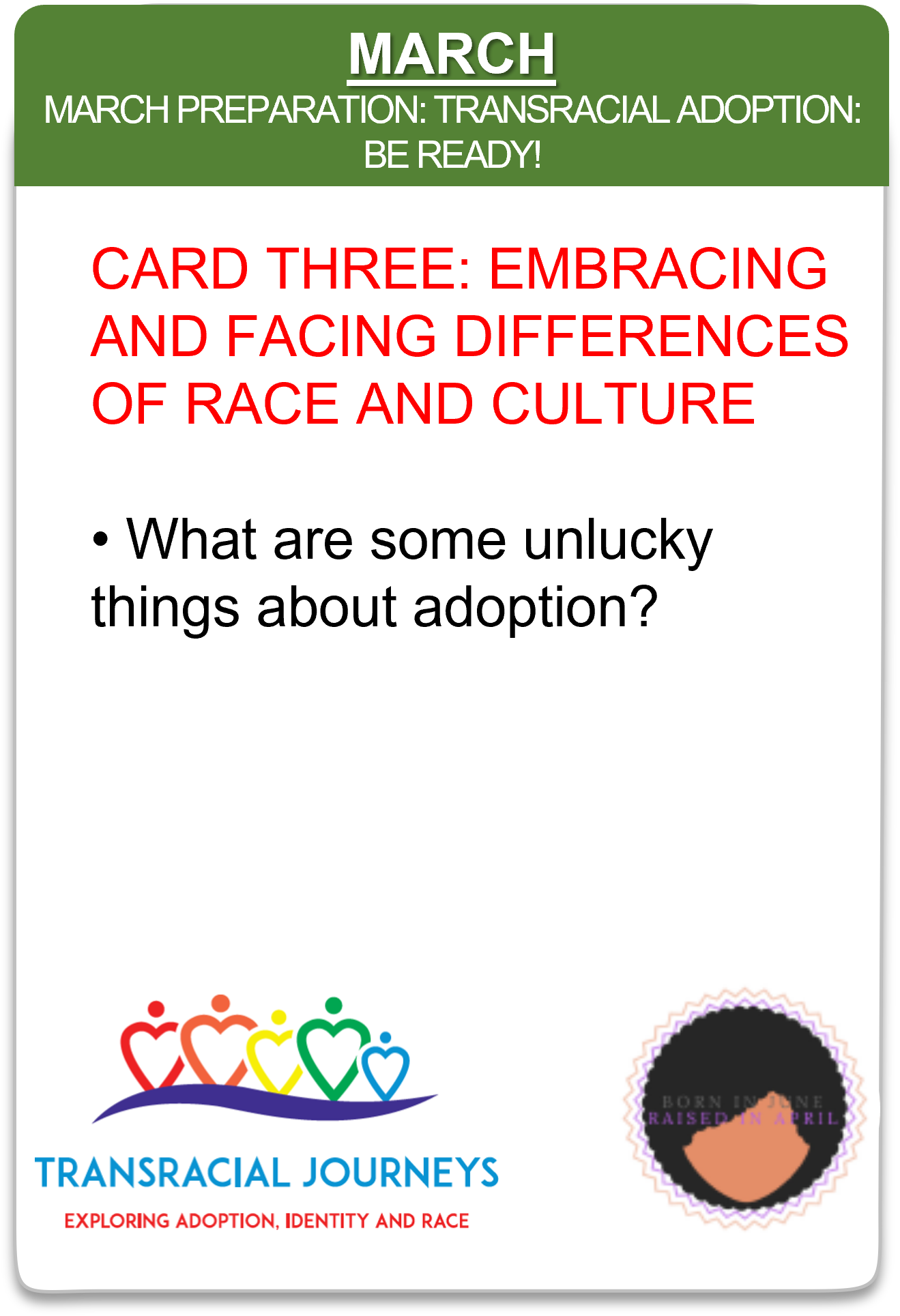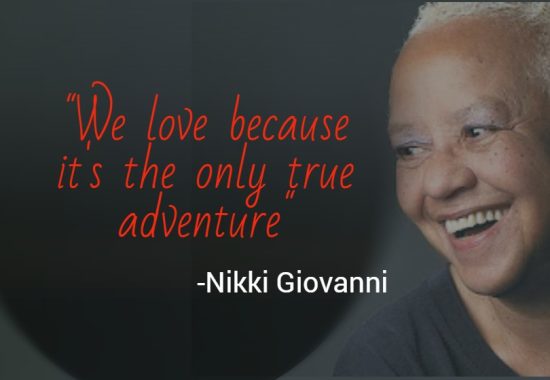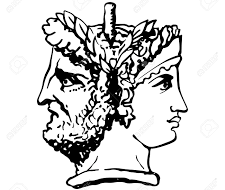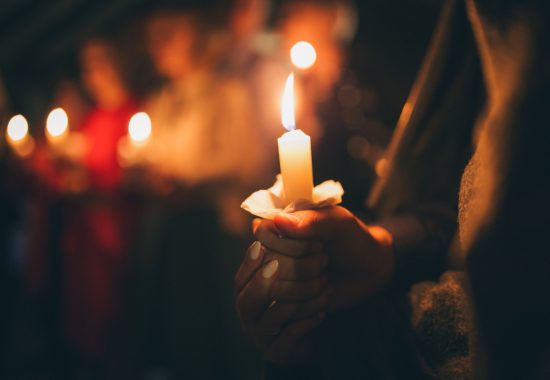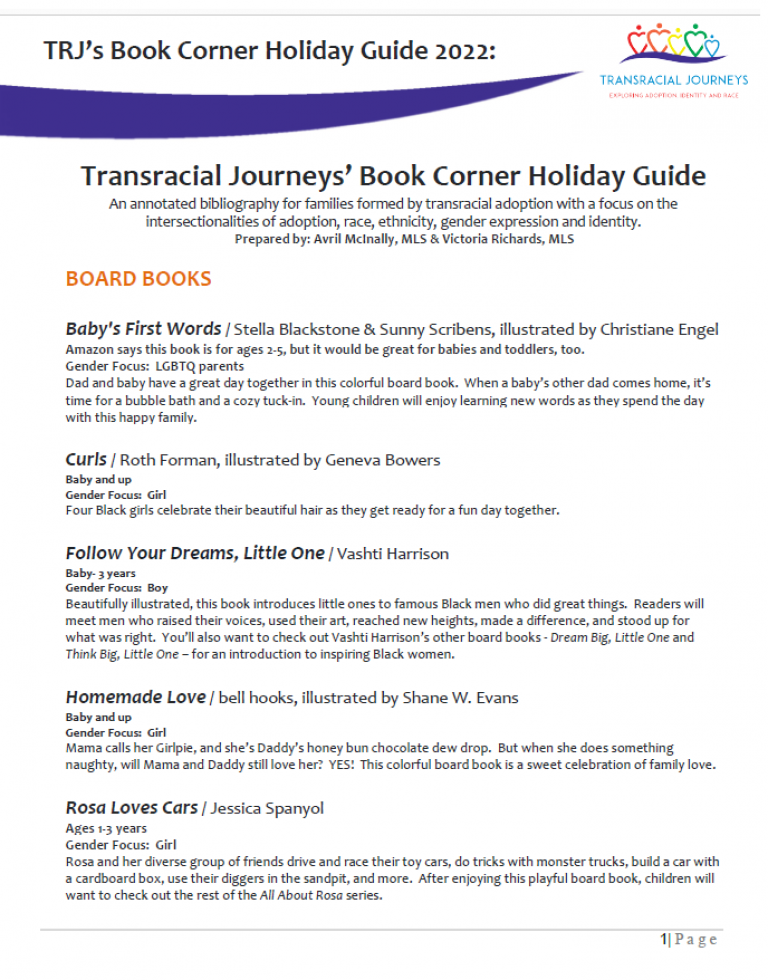by Avril McInally
While preparing to write this month’s feature for our newsletter, I was reading April’s card entitled “Beginnings: What’s in a Name?” when I received an email from an old friend. My friend had just sent me an article called “Living in Adoption’s Emotional Aftermath: Adoptees reckon with corruption in orphanages, hidden birth certificates and the urge to search for their birth parents” by Larissa MacFarquahar. The article is a deep dive into the experiences of three women who were adopted and who also had their names changed by their adoptive parents. The article discusses other worlds, other narratives, other journeys and other names as well as families, cultures and countries of origin of three adopted women.
Do you have your child’s original birth certificate? Do you share the information on the birth certificate with your child? If there was a name given at birth, do you know it and do they?
Deanna Doss Shrodes aka Melanie Lynn Alley
As an adult knowing little about her own birth family Deanna Doss Shrodes states that she and other adoptees look for, “pieces of their lives or their selves that were missing, or had been falsified or renamed, trying to fit them to the pieces they had.” Shrodes discovered her own original birth certificate while playing a game of hide-and-go-seek with her sister. She found a box while hiding beneath her parent’s bed, and that box held her original name!
Joy Lieberthal aka Kim Young-ja aka Eun-hee aka
Joy Lieberthal was adopted as a young girl from Korea and grew up in a mostly-white populated community outside of New York. When searching for her biological family she came to discover that her original name was changed by the orphanage she was adopted from. The orphanage changed her name purposefully in order to fit the identity of another child who was supposed to have been adopted by the Lieberthals.
Joy grew up bullied and isolated from other Korean Americans. When she attended college, she began to have friendships with other Asians who then asked her to help start an Asian Student Union. She felt like a fraud until, “the international students accepted her as such and thought it was fun to fill in the gaps in her knowledge.”
After graduating from college, Joy went back to volunteer in the orphanage she was adopted from in Korea. There, she began to learn more about her origin story and eventually connected with her birth mother, but “When Joy came back from her time in Korea in the summer of 1994, she was angry—angry at the Korean government for giving so many children away, and angry at the ignorance of the Americans who had told her that she had been rescued, that Korea was poor and backward, that Korean men were abusive.”
Later, after having had returned to the U.S., she joined an organization called Also-Known-As which was started by her friend, Hollee McGinnis. “The mission of Also-Known-As is to build a community that empowers the voices of adult international adoptees, while providing resources and space to acknowledge the loss of birth country, culture, language and biological family.”
Angela Tucker aka Angela Burt aka Jocelyn Kate
The third adoptee featured in MacFarquhar’s article is transracial adoptee, Angela Tucker. You may know Ms. Tucker from her documentary “Closure” which portrays her reunification with her biological family. Angela was raised by white parents in a mostly community near Seattle, Washington.
After graduating from college, Angela became an adoption caseworker and thought that might give her access to her adoption paperwork. She didn’t gain that access at the agency. However, when she was younger, her parents did give her some adoption paperwork that had some important information about Angela’s birth parents and birthplace. Her birth mother’s surname was redacted on that paperwork but years later, Angela’s husband prompted her to look at and re-orient her search around her birth father’s unique name which was Oterious. After this change in search strategy, Angela located her birth parents.
April’s card reads:
“Your name is central and significant to who you are and, in essence, can be the keystone of your identity. When your child is adopted, there’s another world, another narrative, and perhaps another name that accompanies them along with their “who am I?” journey.”
“One thing almost everyone agrees on is that adult adoptees should have the unrestricted right to see their original birth certificates, rather than only the “amended” ones with the names of their adoptive parents (but this is the law in only a dozen states).” An original birth certificate doesn’t only contain one’s first name, but the names of biological parents too. Information on the original birth certificate can divulge one’s roots not just physically, but geographically and ancestrally too.
Had these three women grown up with free access to their original birth certificates, how would it have shaped their “who am I” journeys?
- Avril McInally no aka
